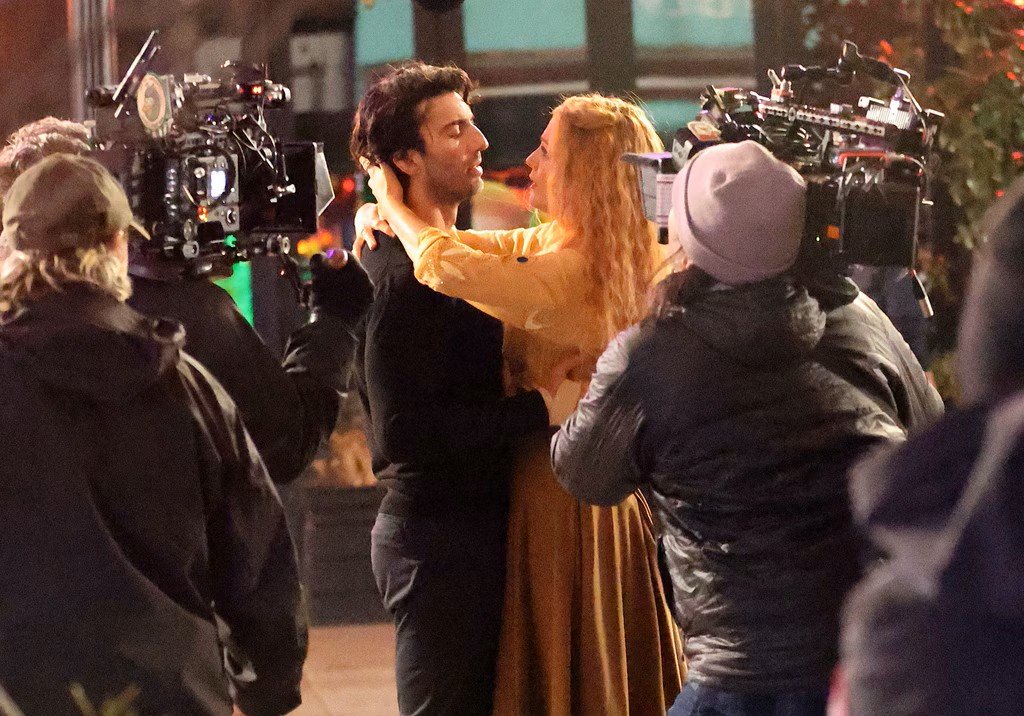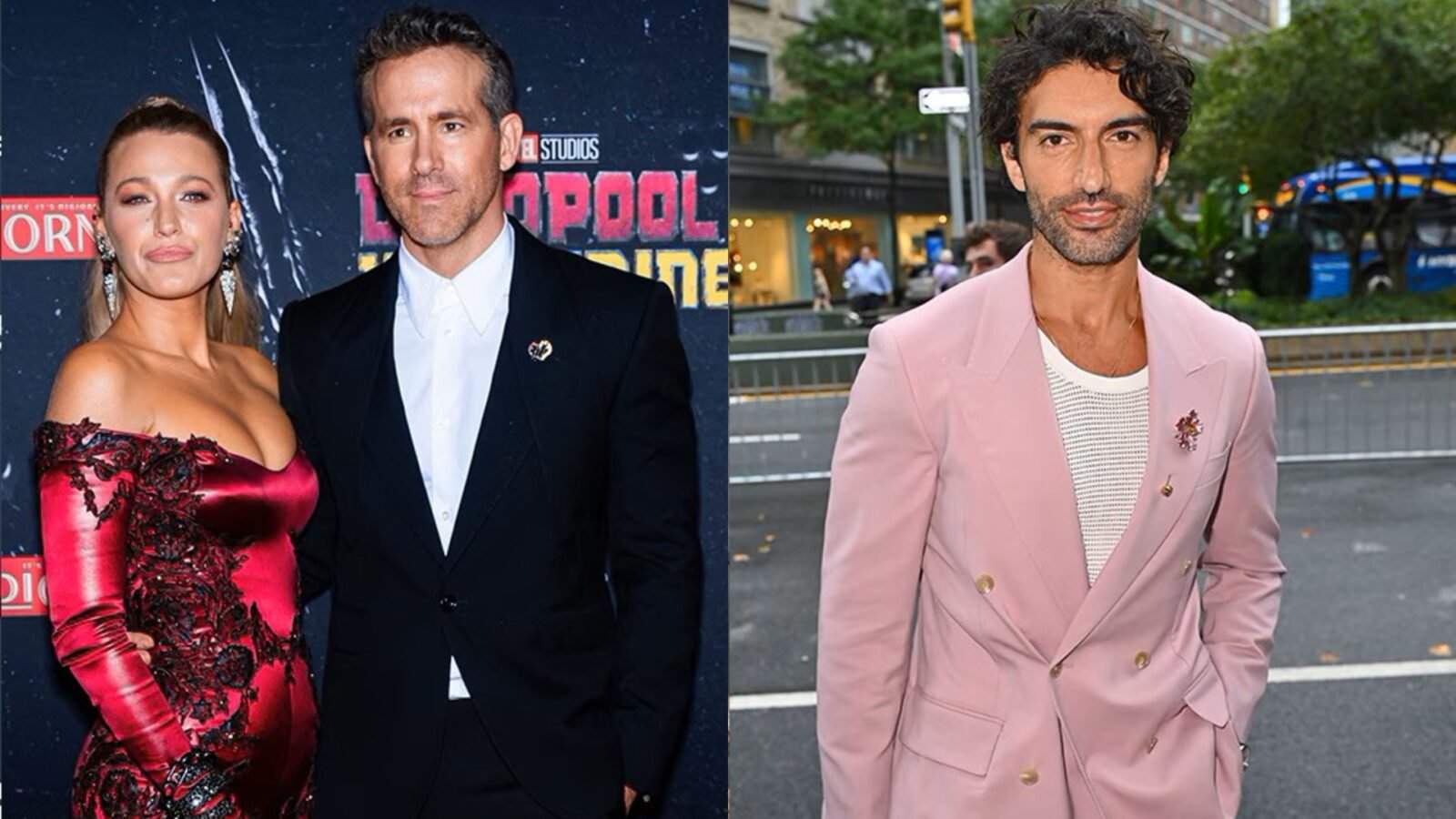In a story that feels straight out of a Hollywood script, actor and director Justin Baldoni is locked in a high-stakes legal battle with Blake Lively and Ryan Reynolds. Accusations of sexual harassment, claims of defamation, and jaw-dropping text message revelations have catapulted this controversy into the public spotlight. With his reputation on the line, Baldoni has launched a dedicated website to defend himself, releasing never-before-seen evidence that he says tells a very different story from Lively’s allegations.
The drama began in December 2023, when Lively accused Baldoni of exhibiting “unprofessional and sexually inappropriate behavior” on the set of their film It Ends With Us. Days later, she filed a lawsuit, alleging that Baldoni retaliated by orchestrating a smear campaign to tarnish her reputation. Baldoni struck back with a $400 million lawsuit of his own, accusing Lively, her husband Ryan Reynolds, and her publicist Leslie Sloane of defamation, extortion, and a coordinated effort to destroy his career.

Jose Perez/Bauer-Griffin/GC Images
Central to Baldoni’s defense are text messages and emails that he claims prove his innocence and paint a starkly different picture of their professional relationship. These messages, revealed through his newly launched website, include exchanges with both Lively and Reynolds.
In one text from April 2023, Lively described her humor as “flirty and yummy” while discussing a script rewrite, calling it her “love language.” In another, Reynolds praised Baldoni’s directorial skills, writing, “I’m excited for Blake to crack open her creative piggy bank with someone as dynamic as you. This is gonna be INCREDIBLE. I happen to adore you, Justin.”
The website also features conversations about wardrobe decisions and the involvement of the film’s intimacy coordinator—both of which Baldoni argues were mischaracterized in Lively’s allegations. Through these messages, Baldoni aims to shift the narrative and shed light on the complexities of their working relationship.
But the stakes are far greater than just reputational damage. Baldoni has also accused Reynolds of mocking him through the character “Nicepool” in the Deadpool & Wolverine franchise, calling it a deliberate attempt to ridicule him publicly. Adding fuel to the fire, Baldoni filed a $250 million libel lawsuit against The New York Times, claiming the outlet published a defamatory article based on doctored texts that supported Lively’s claims.
Lively and Reynolds, through their legal team, have dismissed Baldoni’s actions as a retaliation tactic, calling his countersuit “another chapter in the abuser playbook.” They’ve also requested a gag order against Baldoni’s lawyer, Bryan Freedman, arguing that his public comments could influence potential jurors. Freedman, however, has stood firm, stating, “We want the truth to be out there. We want people to make their determination based on receipts.”
This case is shaping up to be one of the most explosive Hollywood legal battles in recent memory. Beyond the courtroom, it’s a war for public opinion. Baldoni’s decision to release private messages and take his defense public highlights his determination to clear his name, but it also raises questions about the ethics of airing private communications in such a high-profile dispute.
As the March 2026 trial date approaches, the outcome of this case could have far-reaching implications—not just for the individuals involved but for the broader conversation about accountability, workplace dynamics, and reputation management in Hollywood. Regardless of how this unfolds, one thing is certain: this saga is a powerful reminder of the complexities of truth, perception, and justice in the entertainment industry.
Also Read
